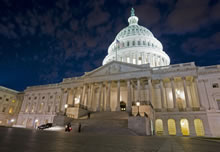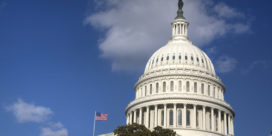Opinion: New ‘gainful employment’ regulation is weak medicine for a strong ailment
The gainful employment regulation recently announced by the U.S. Department of Education is painfully weak, especially when compared with the colossal and well-documented abuses committed by for-profit career…








